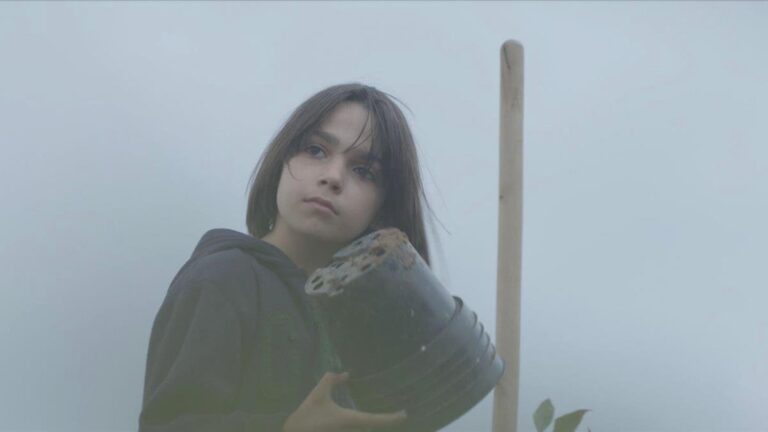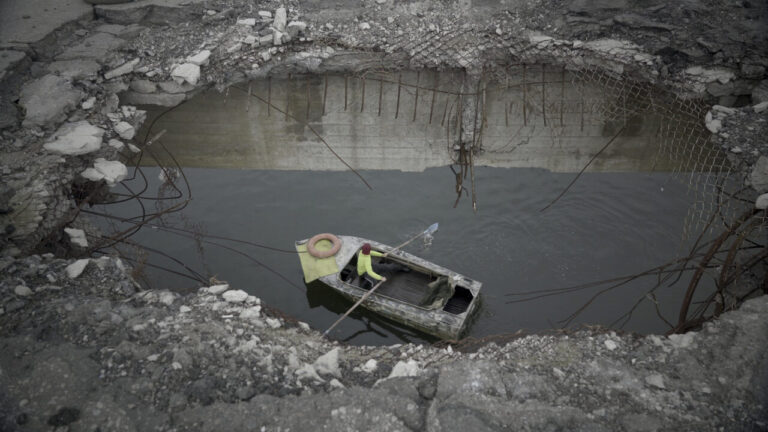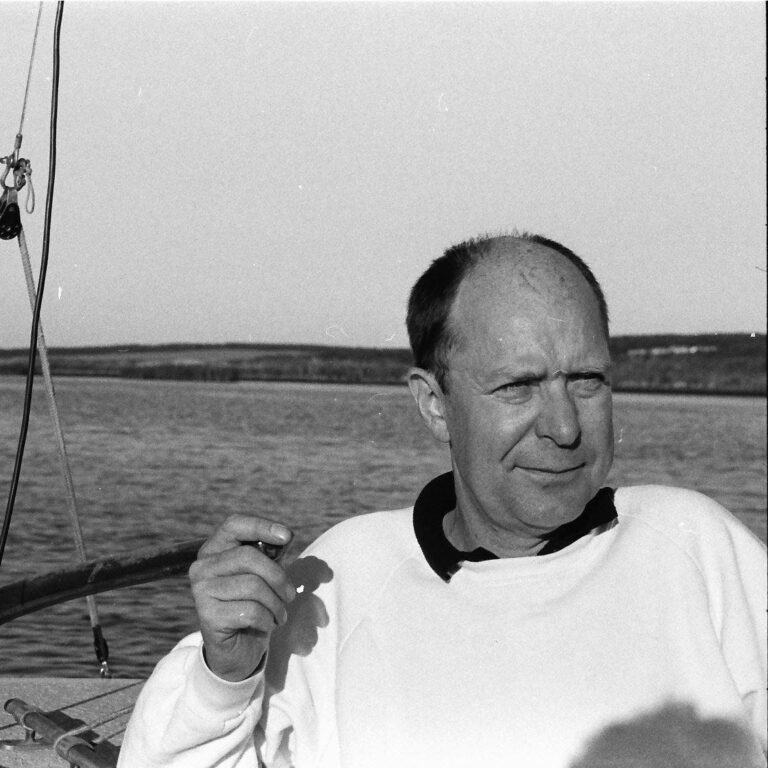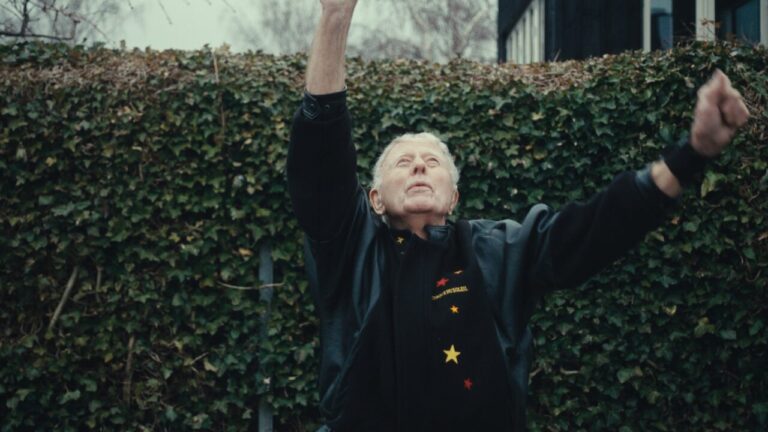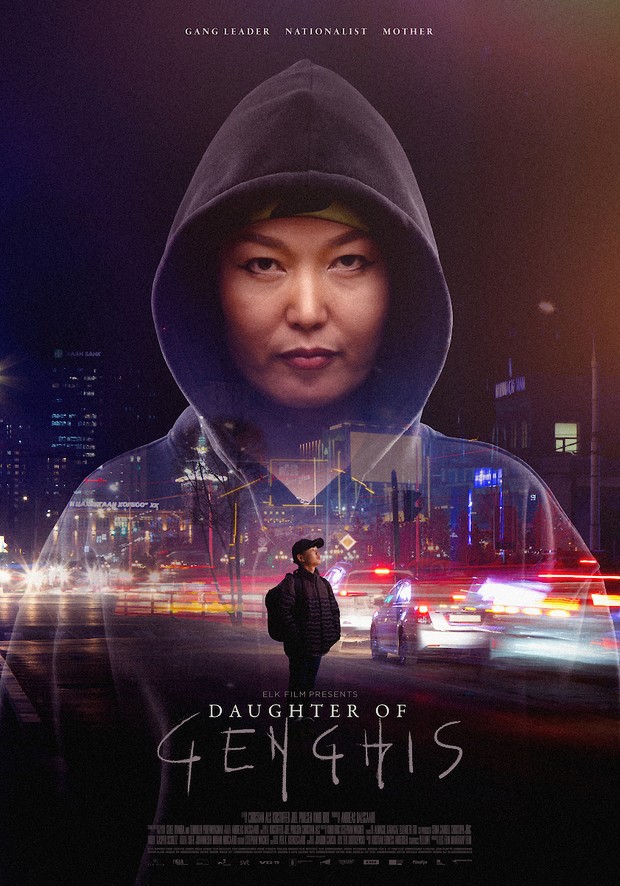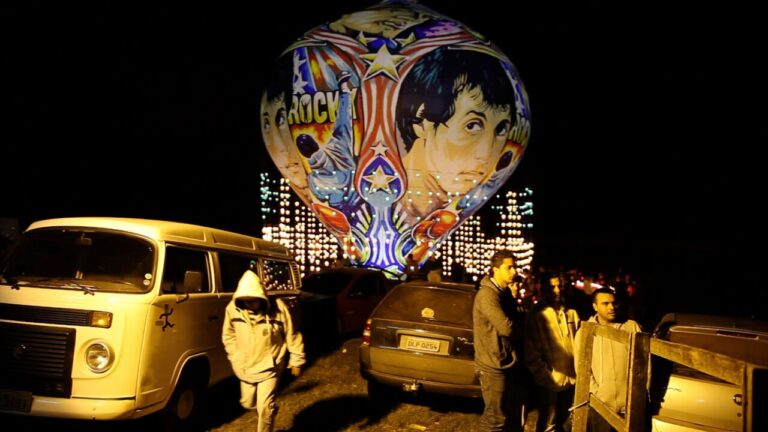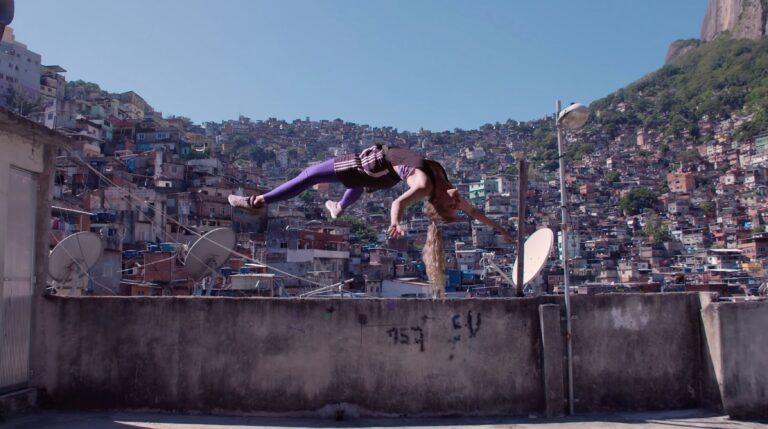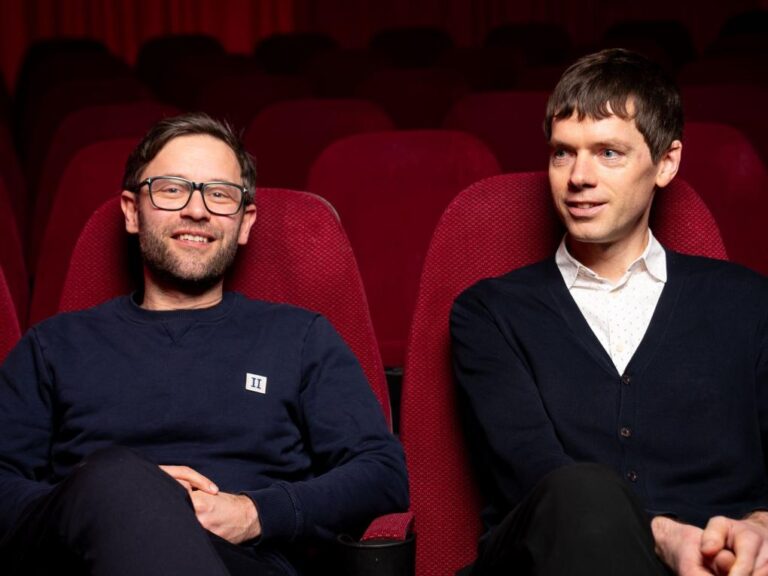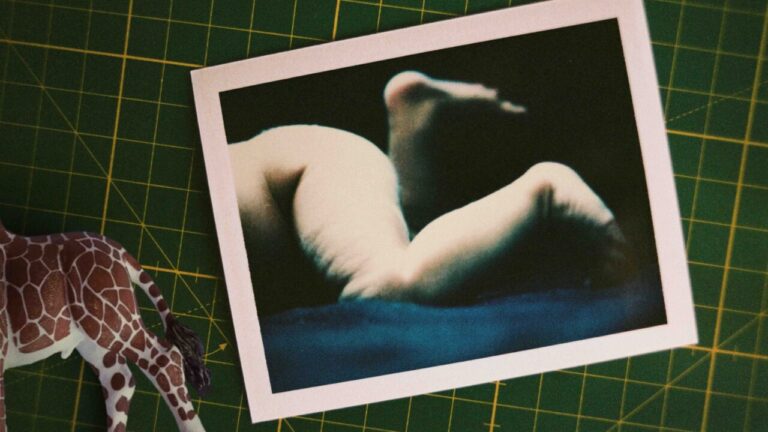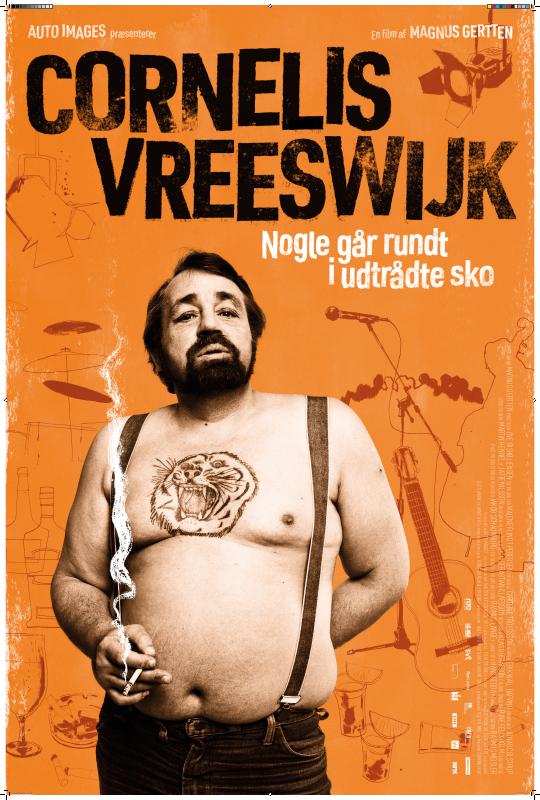Stepping out of the Metro on Kongens Nytorv yesterday morning on my way to the Royal Theatre’s “Stærekassen”, Danish poet Peter Laugesen was steps ahead of me. It threw my thoughts back to my dear friend and co-editor of this site, Allan Berg Nielsen, who passed away some days ago. Allan loved Laugesen, made in 1989 a film with him, photographer was Lars Johansson. I was just getting the idea that Laugesen, an old beat poet, was maybe invited to read a poem at the opening of the second day of the festival’s Forum. Of course not, Laugesen passed “Stærekassen” with his dog…
It IS wonderful that the Forum can hold its 4 day Forum in a theatre like this one that has its special atmosphere of performance from the stage with an audience. There are balcony seats and seats near the ceiling, where “les enfants du paradis” can be placed. Many stairs, wooden floors, toilets for “damer” and “herrer”, the latter with pissoirs as I remember them, where you line up and can talk to your neighbour…
“Change” was the title of the first day’s Forum, presented like this by the festival: CHANGE is our development co-production training program in collaboration with IMS and EAVE, featuring documentary projects in development from Armenia, Azerbaijan, Belarus, Georgia, Moldova and Ukraine.
Great initiative implemented for the second year with Georgian “Nana´s Wings” as the first project on stage, presented by director Maradia Tsaava and producer Mariam Chachia, both filmmakers previously praised on this site for their works “Water has No Borders” and “Magic Mountain”. Maradia Tsaava introduces like this: “it was a dark, cold, very windy night, when Nana arrived in a small-town Telavi. She had only one thing with her – a small brown bag… This is how the film will start, the story of my grandmother’s aspiration to fight post-war agony with art””. They presented precisely and with passion and had a trailer with a cliffhanger, i.e. do you want to know more. The project was previously presented and awarded at CinéDoc Tbilisi
6 projects were presented, a couple without allowance to write about them. Let me mention a couple more from this session: Ukrainian Pavlo Dorohoi, whose “Metro” and “89 Days” I have met before and appreciated, came with “The Ferryman” (Photo), very good trailer, promising film-to-be about 16-year-old Danylo, “who works as a ferryman in the shadow of a destroyed bridge 50 km from Kharkiv to earn money and continue his studies at a sports academy, but dreams of becoming a professional kayaker collide the reality of wartime”. And “Land of Fairy Tales and Dreams” by Denis Pavlovic is also one that could end up successfully on the screen with its stories from Transnistria, the almost unknown region in Moldova that supports Putin. Some tour guides are meant to be the guiding characters.
The format was fine, the classical one: 7 minutes presentation and 7 minutes questions from the moderator, who was American Sean Flynn, very well prepared, and the teams had been trained in beforehand, but the moderator’s tone was monotonous, it gave a dry atmosphere but luckily there were screens in both sides of the stage that brought his words as he was speaking…
… and then today the Forum for projects that are developed, many of them close to being characterized as “ready to go” but still lacking funding. I listened and watched the first six that went one after the other – after a pretty long but ok start with speeches by Kathrine Kiilgaard and Niklas Engstrøm, managing and artistic director of the festival, the new head of Industry and Training Mara Gourd-Mercado and the project manager Anna Krasztev-Kovacs. There was a tribute to late Jess Search, who was a moderator of the Forum for many years, her wife Beadie Finzi was there and a clip was shown. Respect.
And then the moderators took over, professional and experienced Karolina Lidin and Tabitha Jackson, who managed the short time in a fine way, having three commentators come on stage for presentation of themselves and questions to the teams pitching.
Let me mention two of the six projects: The Chinese/Dutch “Whispers in May” by Dongnan Chen, a film made in collaboration with the kids taking part, having Qinghua, who is 14, having her first menstruation that “sets in motion a quest for self-discovery … a road trip with her two besties to find a skirt for the menarche rite of passage”. The presentation was charming and convincing, the clip full of poetic scenes, lovely!
And then Arthur Franck, whose “The Hypnotist” I saw and loved some years ago, Finnish humour, Franck took the audience’s attention totally with his stage performance of “Showtime in Helsinki”, 1975; cold war meeting with Kissinger, Gerald Ford, Brezhnev, Honecker, Harold Wilson, Olof Palme… Maybe the most important and simultaneously the most forgotten Cold War event to take place, as they put it in the catalogue. “Horror and comedy”, Franck said.
to be continued… in Stærekassen in Copenhagen.



